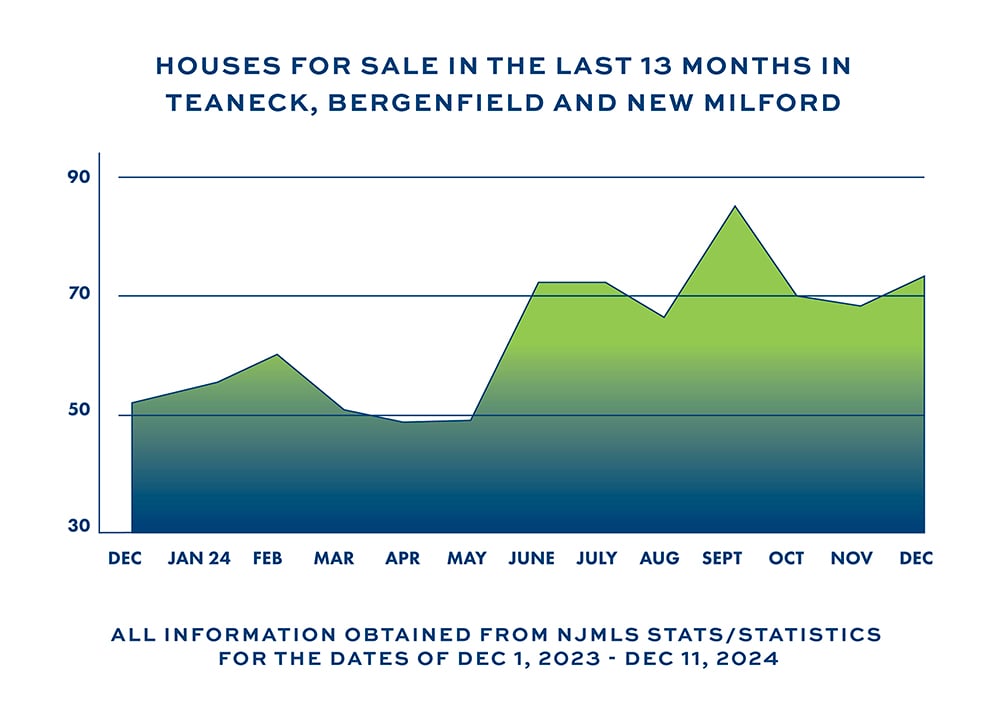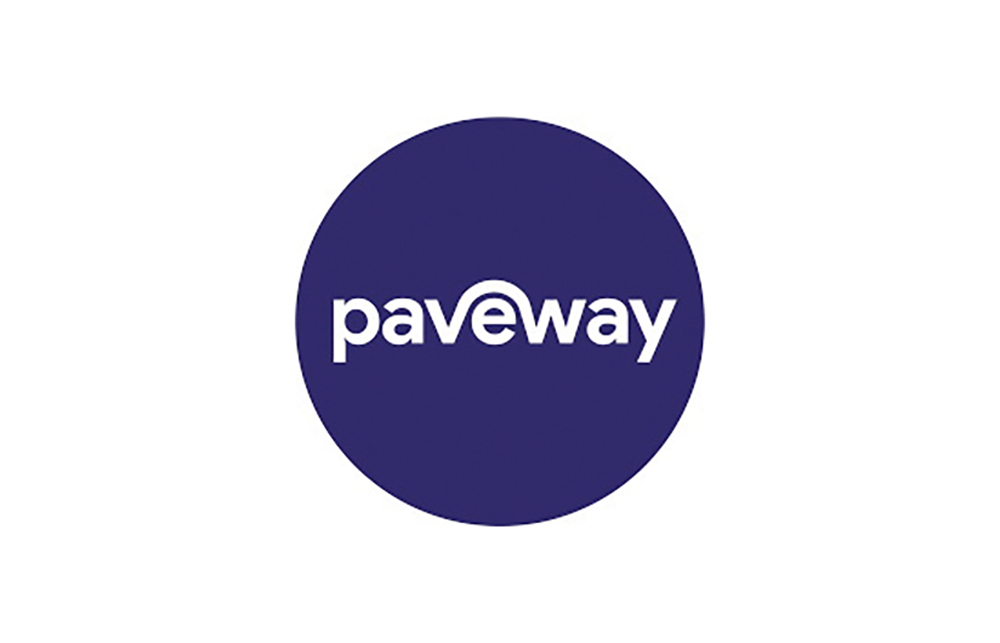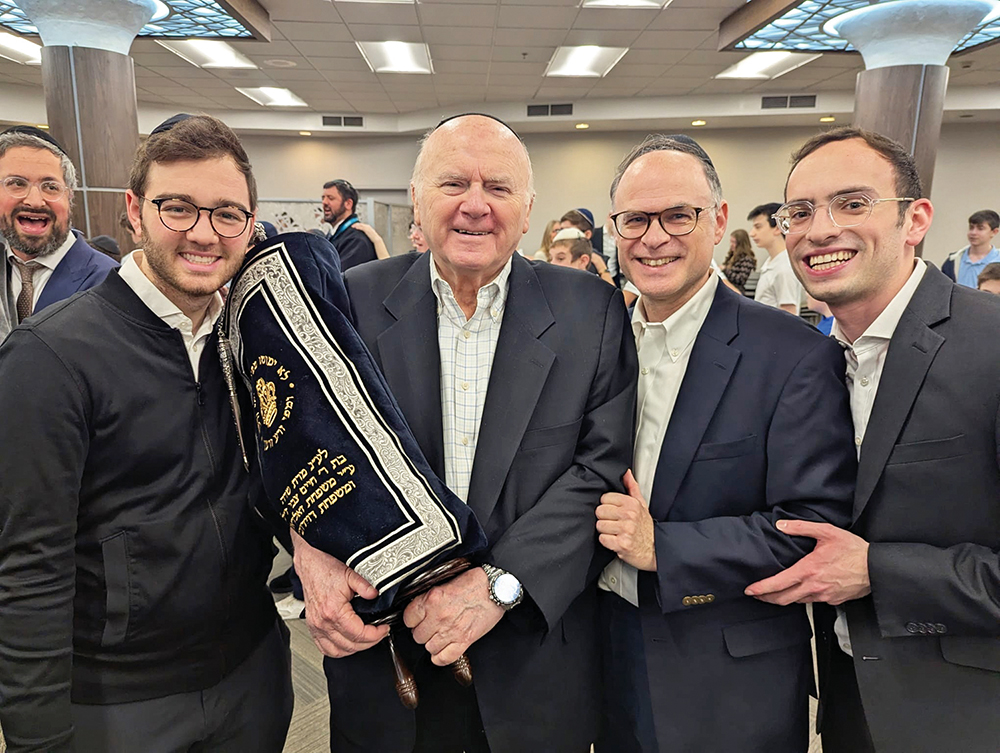Some things in life are similar. Some different. And the halachos of sukkah and of matzah have some of both.
The Gemara in Pesachim (6a) cites a dispute between the Rabbanan and Rabban Shimon Ben Gamliel. The Chachomim hold that one should begin learning Hilchos Pesach 30 days prior to Pesach. Rabban Shimon Ben Gamliel holds that they must be studied only two weeks prior to Pesach.
The Shulchan Aruch (OC 429:1) rules like the opinion of the Rabbanan. The Mishna Berurah (429:1) writes that according to Rashi, Tosfos and the Gra the same is true of other Yamim Tovim such as Sukkos.
But not everyone agrees. According to the Beis Yosef the 30 days refers only to Pesach.
It is well into the 30 days before Sukkos, so it is appropriate to discuss some of the halachos.
It is well known that every time one enters the sukkah, throughout all the days of Sukkos, one generally recites the bracha of “laishev basukkah.” The Gemara (Sukkah 46a) asks whether an additional blessing is recited on each additional day of Sukkos. The Gemara answers that since the great rabbis recite a new blessing on tefillin on subsequent days, here too a new blessing should be recited.
It is interesting to note that in regard to the mitzvah of matzah on Pesach, we only recite the blessing of “al achilas matzah” once—on the first night of Pesach. What then is the difference between these two mitzvos?
We will find that there are no less than four opinions in the Rishonim that address the matter. The four opinions are further developed in Sefer Yeshivas HaSukkah by Rav Yisroel Meir Morgenstern and in the Sdeh Eliyahu by Rabbi Shmuel Dovid Koshbovitz.
The Baal Hamaor and
Orchos Chaim
Rabbi Zechariah HaLevi, also known as the RaZah or the Baal HaMaor, explains (Pesachim 26b) that matzah is different because one is not obligated in this mitzvah at all during the other days of Pesach. How so? He does not have to eat matzah—he could eat other foods. The mitzvah of sukkah, however, is different because it is not possible to go without sleep for more than three days. Therefore, when he sleeps, he is obligated to be sleeping in a sukkah. The Orchos Chaim (Hilchos Pesach #29) writes that it is also a reshus—a choice.
The Rashba
The Rashba explains that the mitzvah requires a person, if he eats bread to eat it in a sukkah. It also requires that if he sleeps he sleep in a sukkah. Regarding matzah, however, it did not say if he eats, he is required to eat matzah. He may eat things that are neither matzah nor chometz. Hence there is no additional bracha on the mitzvah of matzah.
The Maharil
The Maharil (Chag HaSukkos #2) answers that the mitzvah is not in the eating of the matzah, but rather in the avoiding of chametz. Regarding the sukkah, however, the mitzvah is each time one sits in it as the verse tells us, “basukos tishvu shivas yamim.”
The Kol Bo
The Kol Bo also answers that the mitzvah of matzah is avoiding forbidden chametz just like avoiding the meat of an impure animal. We do not recite a blessing on the fact that we are eating pure animals. However, sitting in a sukkah is not a physical need, but rather solely a spiritual mitzvah. This is why we recite a blessing on every sitting.
The Vilna Gaon
It should also be noted that the view of the Vilna Gaon, as cited in the Maaseh Rav, is such that there is, in fact, a mitzvah to eat matzah each of the subsequent days of Pesach. The Vilna Gaon would not fit with the Baal haMaor’s answer, but could fit with the other views. He could also fit with the Orchos Chaim, because he could understand the Orchos Chaim as a mitzvah kiumis (fulfilled) and not chiuvis (obligated). Kiumis would mean that one gets a mitzvah when one does it but not that it is obligatory.
By Rabbi Yair Hoffman
The author can be reached at [email protected].













